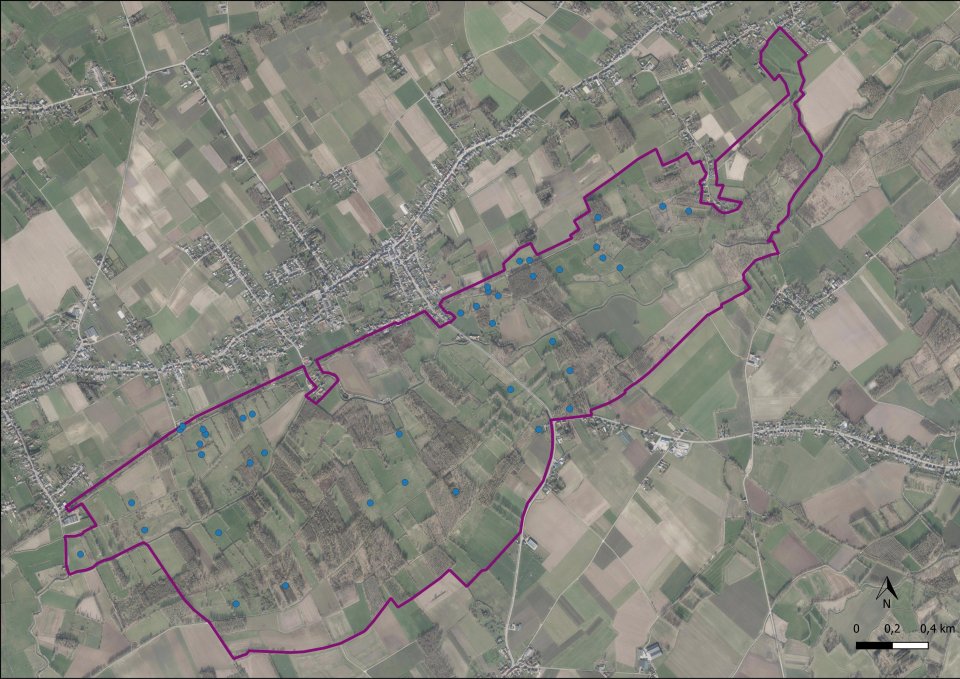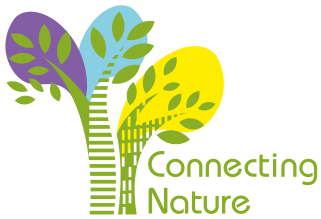
Most land is privately owned and used for multiple purposes, including farming. The province of Flemish Brabant and Natuurpunt owns land designated as nature reserve and is managed as such. In parallel, Natuurpunt is actively obtaining additional land in the region to ensure long term protection status and enlarge the area with focus on nature and biodiversity conservation. In addition, Natuurpunt has agreements with local farmers. Farmers can use the grasslands under specific conditions, and implement management measures such as mowing or grazing.
The pondscape ‘Grote Getevallei’ comprises a variety of landscape characteristics that result in high biological diversity. There is a strong focus on nature and biodiversity conservation, including strengthening biodiversity, restoring eco-hydrology and nature experience.
- Pond restoration and management (dredging, mowing shore vegetation)
- Maintaining small landscape elements (hedges, small woody plots that serve as overwintering
habitats for amphibians)
- Creation and maintenance of hiking trails, cycling routes and nature observation points
- Creation of small camping site and “natural” playing zone for children
- Inspiring activities such as guided walks, management excursions, opportunity to participate in monitoring of Crested newt,...
- Increasing water retention and preventing underground drainage : Not yet operational, but there
is an increasing awareness for the buffering capacity against droughts and floods. The general idea is to slow down the drainage of water in the region so that the pondscape as a whole can buffer water
for a longer time and as such prevent flooding downstream in the valley.
- - Biodiversity enhancement
- - Increase human health
- - Better water management
- Increase infiltration / Water storage
- Increasing infiltration
- Increase Biodiversity
- Increase well-being
The current management is largely organized by a team of local volunteers that is supported by professionals from NGO Natuurpunt. Natuurpunt owns land in the region that is protected by designation as nature reserve. Nature reserves are managed following an approved management plan. Natuurpunt also strives to further expand the area of nature reserve by acquiring additional land. The management largely focusses on the maintenance of historical landscape elements such flower-rich grasslands, hedges, farmland ponds and semi-natural forest patches.
There has been an ongoing and highly effective biodiversity conservation management in the pondscape for several decades. The long-lasting management efforts have proved to be successful in conserving biodiversity in the region, most notably the long term maintenance of a large population of Crested newt.
PONDERFUL has received funding from the European Union's Horizon 2020 research and innovation programme under grant agreement No 869296
- Biodiversity
Further information
- 3. Good Health and Well-being
- 13. Climate Action
- 14. Life Below Water
